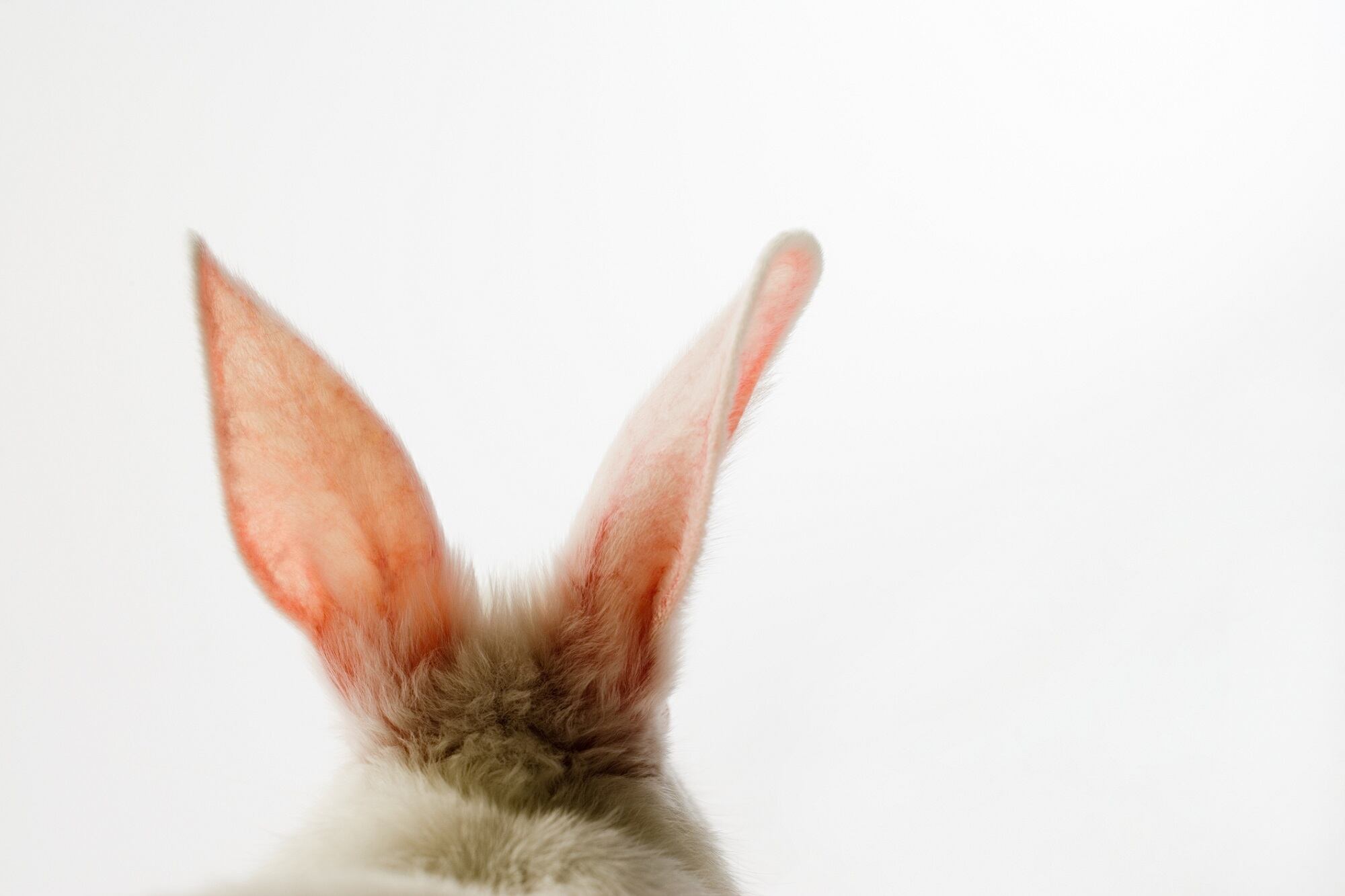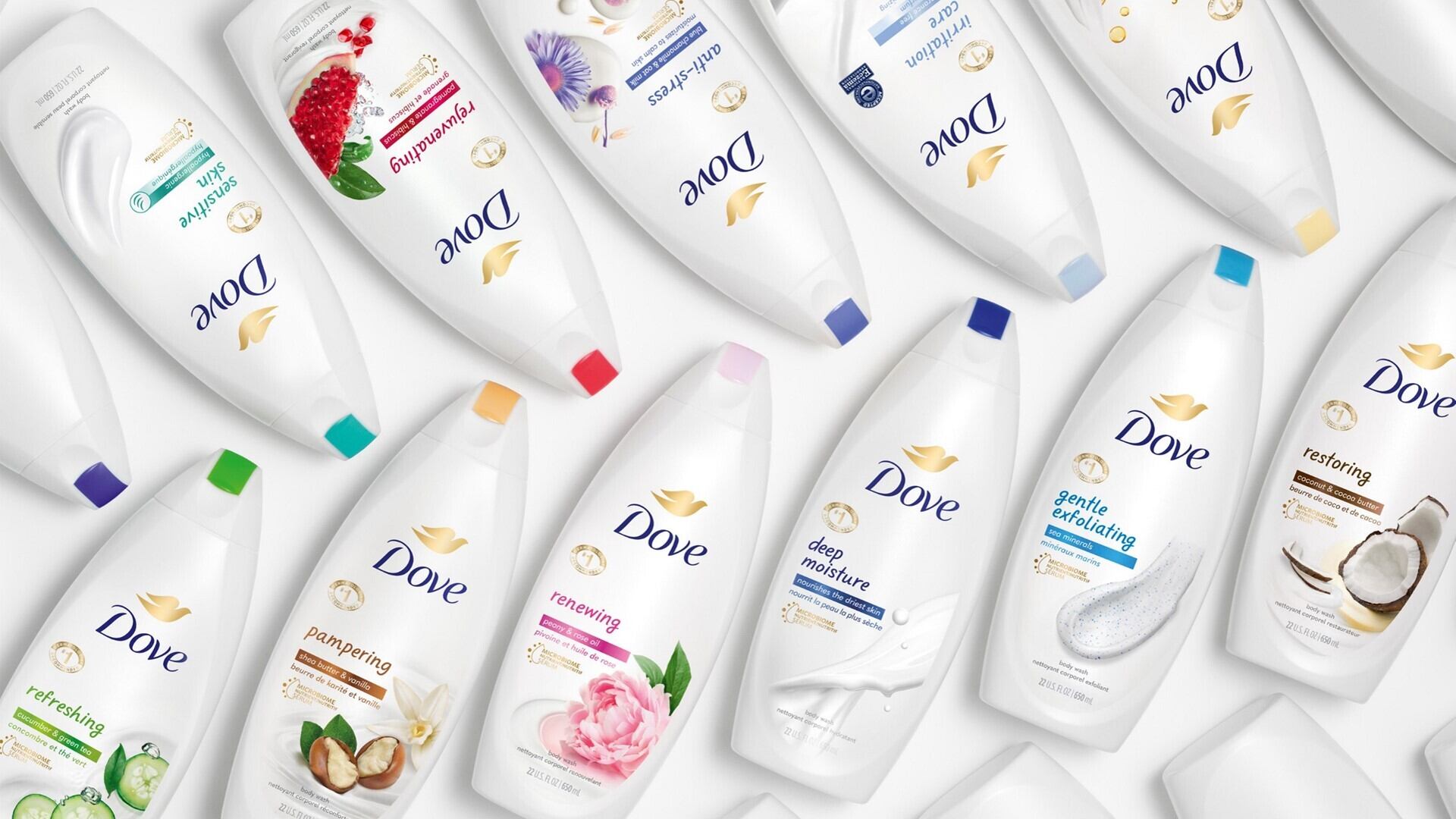Unilever has announced that global men’s fragrance brand Axe (sold as Lynx in the UK) is the latest of the company’s brands to join the People for the Ethical Treatment of Animals (PETA)’s Beauty Without Bunnies program. As detailed in a Unilever press announcement, “the accreditation means Axe joins more than 20 Unilever brands” in the program, which certifies that “that Axe does not conduct or commission any animal tests on ingredients or finished products, and that the brand pledges not to do so in the future.”
To learn more about the Beauty Without Bunnies program and the impact of the anti-animal cruelty movement on cosmetics and personal care product manufacturers, suppliers, and beauty brands, we spoke to Kathy Guillermo, Senior Vice President, Laboratory Investigations at PETA for her insights.
About PETA & the Beauty Without Bunnies Program
Guillermo first joined PETA in 1989 when the organization’s list of cruelty-free companies was just 12 companies, she shared. Since that time, through a combination of consumer education and activism, that number has now grown to over 6,000 companies across the cosmetics and personal care product industries, she said.
PETA’s Beauty Without Bunnies program (formerly called the Caring Consumer Campaign) certifies that “companies and brands have verified that they and their suppliers do not conduct, commission, pay for, or allow any tests on animals for their ingredients, formulations, or finished products anywhere in the world and that they will never do so in the future,” according to PETA’s website.
The program “offers companies a way to show millions of consumers what cosmetics and personal care companies’ policies are,” Guillermo explained. To be included in the program, companies must sign a document stating the above, and “must also have a signed agreement in place with all its suppliers that none of the ingredients it purchases are or will be tested on animals,” she added.
As detailed on PETA’s website, “it’s completely free to be certified…and once approved, companies may choose to use PETA’s global ‘Animal Test–Free’ or ‘Animal Test–Free and Vegan’ logos.
Unilever, Axe, and Beauty Without Bunnies
For Unilever and Axe, inclusion in the Beauty Without Bunnies program meant that “the AXE team put agreements in place with all its suppliers and confirmed that no products requiring tests on animals will be sold in China, where many products are required to be tested on animals,” said Guillermo.
In the company’s press release, Dr. Julia Fentem, Global Head of Safety, Environmental and Regulatory Sciences at Unilever, added that “the brand’s PETA approval is thanks to decades of pioneering research in alternatives to animal testing by Unilever’s scientists, working together with other leaders in non-animal safety science and global stakeholders.”
She further explained in the release that “we believe that using non-animal approaches to assure ingredient and product safety enables us to better protect people and the environment – and we remain steadfast in our commitment to support an end to animal testing all over the world.”
Participation by global beauty and personal care product companies like Unilever in PETA’s anti-animal testing programs is essential for multiple reasons, added Guillermo. First, and “most importantly,” she explained, “adopting this policy spares animals from poisoning, suffering, and death.”
Further, she continued, Unilever’s commitment “also shows that when the biggest global brands that sell all over the world commit to absolutely zero animal testing, every other company can and should do the same.”
Therefore, “we are so pleased to welcome AXE to our Beauty Without Bunnies list and we appreciate Unilever’s commitment to ending tests on animals everywhere,” she said.
Consumer impact & the future of the anti-animal testing movement
The impact of consumer demand for cruelty-free cosmetic and personal care product options has continued to grow, as “consumer action has been the key to this whole effort since 1988, when PETA released footage taken undercover in a product testing laboratory,” Guillermo shared. Today, “companies are very aware and concerned about consumer demand for animal test-free products, and this is why they’ve sought listing with PETA and use our logo,” she explained.
For example, she illustrated, “some brands, such as Herbal Essences, even put the logo on the front of the products so that consumers can tell at a glance that the company’s policy is never to test on animals.” Axe plans to follow suit and “PETA’s logo will begin to appear on Axe products next year,” Unilever’s release confirmed.
Moving forward, PETA’s plans for further growth of the Beauty Without Bunnies program and in the anti-animal testing movement within the cosmetics and personal care product industries are focused on the organizations biggest challenges, which include “China, where many products are required to be tested on animals, and the European Union requirements for animal tests under the REACH regulation, which we believe violate the Cosmetics Regulations,” said Guillermo.
“We will continue to work on these issues, which are the biggest obstacles to ending all tests on animals for cosmetics,” she explained, adding that “the companies are on board and the technology can replace animals—now we need regulators to catch up.”





